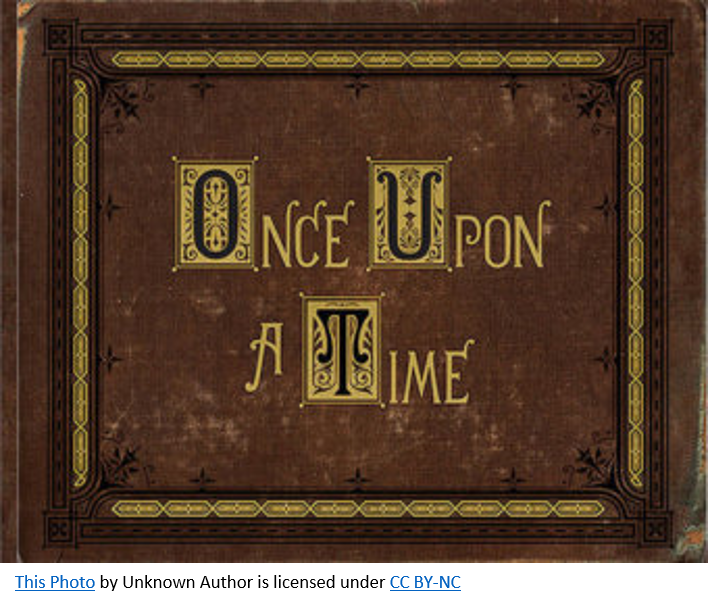63% vs. 5%
If you communicate in business meetings the way most people do, it might surprise you to know that only about 5% of people will remember the facts you share. Research shows that is the percentage of people that remember Information presented in a traditional, Joe Friday, manner; “Just the Facts”. If, however, you used stories to convey your message, you would increase your audience’s retention by a factor of twelve. Yup, that same research says more than 63% of people will remember things they hear when it’s in the form of a story.
So, why don’t more businesses use storytelling. That’s a darn good question if I say so my darn self. I’m not Marvin the Mind Reader, but I bet it’s because they think stories are just for entertainment. More importantly, how can you start using stories in your business to be more effective with your communication?
STORIES ARE TIME-TESTED
Storytelling is one of the oldest ways people have shared information. They’ve been around for thousands of years, long before anyone ever researched their effectiveness. And, like many other time-tested remedies to common problems, many people question their real usefulness unless they hear about scientific research that supports the claim. Well, now that we have that out of the way, let’s move on to some basic storytelling tips to get you started on your storytelling journey.
KEEP IT SHORT AND SWEET
Slow and steady wins the race, but stories aren’t a race. Stories should be concise and you better get your audience’s attention quickly. Remember the little factoid at the beginning of this article? I bet you do because it was kind of a startling statistic, wasn’t it? That’s a very effective way to get someone’s attention, catch them off guard. Unless you already knew those 5% and 63% statistics they probably seemed a little shocking, especially when you contrast the two numbers against each other.
ONE THING
If you ever saw the movie City Slickers, you probably remember Curly talking to Mitch about the secret to life, “One thing. Just one thing.” Find the one thing you want your audience to remember if they forget everything else, because they might. Think about some of the most effective stories used in business, advertisements. You probably remember catchy slogans like “Just Do It” or “Where’s the Beef?” Those slogans are decades old and people still remember them because they were short, to the point and embedded in an engaging and very short story. What’s your story’s one thing?
Storytelling doesn’t have to be complicated to be effective.





